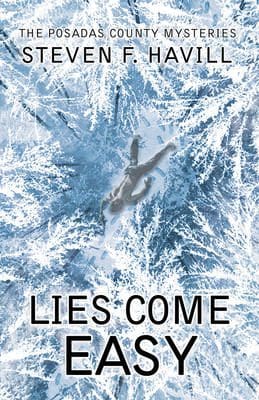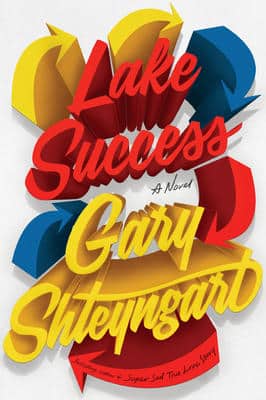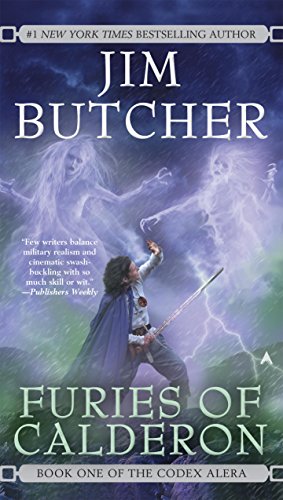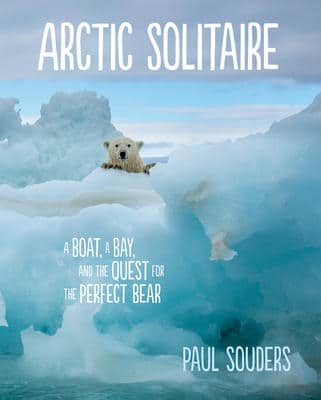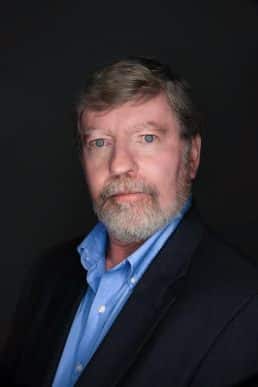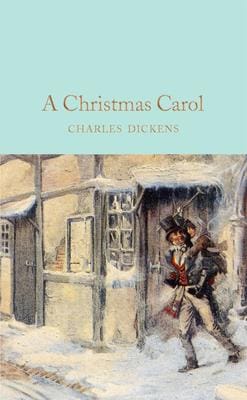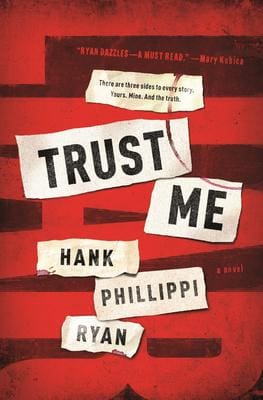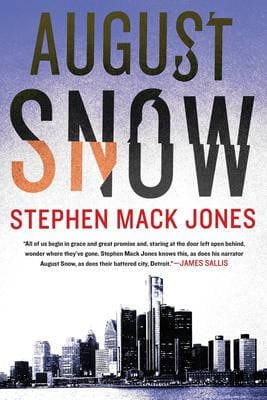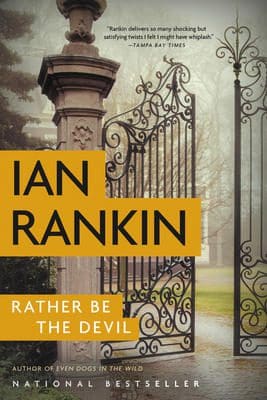It doesn’t hurt to send a reminder about upcoming programs at The Poisoned Pen. If you’re in the Scottsdale/Phoenix area, you might want to attend one of the programs. If you’re not in the area, or can’t make it, you might want to pre-order a signed copy of a book by one of authors appearing at the bookstore in January. Don’t forget to check the Web Store for the books. https://store.poisonedpen.com
Here’s January’s schedule of events.
Events are at 7PM at The Poisoned Pen Bookstore unless otherwise noted.
JANUARY CALENDAR.
01/05 (Sat) Douglas Preston signs Verses for the Dead, presigned by Lincoln Child who joins in by Skype. Plus there’s a very cool vintage postcard with a message written by Agent AXL Pendergast.
Location: Kerr Center 6110 N. Scottsdale Road 85253.
Time: Doors open 6:00 PM, Program at 7:00.
This event is free but admission to the signing line requires the purchase of Verses for the Dead from The Poisoned Pen. You may bring one personal book to be signed as well.
01/08 (Tues) Brad Taylor signs Daughter of War. (Dutton $27) Pike Logan thriller #13.
01/10 (Thurs) Thomas Perry signs The Burglar. (Grove $26) Ellie Stowell, professional burglar, and now…a target.
01/12 (Sat) 2:00 pm Carol Potenza signs Hearts of the Missing. (St Martins $27.99) Winner of the 2017 Tony Hillerman Prize and our December 2018 First Mystery Book of the Month Club Pick.
01/12 (Sat) 2:00 pm Mette Ivie Harrison signs Not of This Fold. (Soho $26.95) Mormon Bishop’s Wife Linda Wallheim #4.
01/15 (Tues) Lyndsay Faye signs The Paragon Hotel. (Putnam $26) From Harlem to Portland during Prohibition.
01/16 (Wed) Greer Hendricks/Sarah Pekkanen sign An Anonymous Girl. (St Martins $27.99) Our copies will each come with a custom “Beauty Blender” while supplies last.
01/17 (Thurs) Nick Petrie signs Tear it Down. (Putnam $26) Peter Ash #4. 01/17 (Thurs) Matthew Quirk signs The Night Agent. (Harper $26.99) Is there a Russian mole in the White House?.
01/19 (Sat) 2:00 pm Rosemary Simpson signs Let the Dead Keep Their Secret. (Kensington $26) Gilded Age Mystery #3. Host Karen Odden signs A Dangerous Duet. (Harper $15.99) A Victorian Mystery.
01/21 (Mon) James Rollins Book Launch. James Rollins signs Crucible. (Harper $28.99) Sigma Force #13. Pre-order a signed copy now and receive an exclusive collectible-a must-have for James Rollins’s fans!.
01/22 (Tues) Taylor Adams signs No Exit. (Morrow $26.99) Thriller set in a Colorado blizzard. Tami Hoag signs The Boy. (Dutton $28) Police investigate dual murders in Bayou Breaux, Louisiana.
01/24 (Thurs) John Lescroart signs The Rule of Law. (Atria $27) San Francisco’s Dismas Hardy #18.
01/25 (Fri). LIVE MUSIC with Three-Legged Dog
01/26 (Sat) 12:00 pm What Do I Read Next? Has your book group run out of great titles to discuss? Or are you just looking for something great to read yourself? Join us at the Poisoned Pen Bookstore for a preview of new and forthcoming titles that will make your book discussion group the talk of the town as well as have you booked up with great reading choices all year.
01/26 (Sat) 2:00 pm Stephanie Barron signs That Churchill Woman. Ballantine $28) A novel of Jennie Churchill, American heiress mother of Winston. (Barron is Francine Mathews when writing historical fiction).
01/27 (Sun) 2:00 pm Sarah Tarkoff signs Fearless. (Harper $16.99) Eye of the Beholder #2 Adventure/SciFi.
01/28 (Mon) Professor Gary L. Stuart signs Call Him Mac. (Sentinel Peak $35 or $19.95) A biography of Ernest W. McFarland-Arizona lawyer, judge, senator, governor, Supreme Court justice, and businessman.
01/29 (Tues) Join travel specialist and tour leader Sheila Campbell of Travel to France for an evening of conversation and information. Her tours have included author ML Longworth, Mark Pryor, and Martin Walker.
01/30 (Wed) Gregg Hurwitz signs Out of the Dark. (St Martins $27.99) Orphan X #4. Joseph Finder signs Judgment. (Dutton $28) Judge Julianna battles blackmail.
01/31 (Thurs) Ian Rankin in conversation with Linwood Barclay. Ian Rankin signs In a House of Lies. (LittleBrown $27) John Rebus. Toronto’s Linwood Barclay signs A Noise Downstairs. (Morrow $26.99) A thriller . . . and good for typewriter geeks.
JANUARY DISCUSSION CLUBS.
Coffee & Crime 01/12 (Sat) 10:30 AM
Read AL Herbert’s Murder with Fried Chicken and Waffles. ($7.99).
SciFi Friday 01/14 (Fri) 7:00 PM
Read Madeline Miller’s The Song of Achilles. ($16.99).
Croak & Dagger 01/15 (Sat) 10:30 AM
Read Claire Mackintosh’s I Let You Go. ($9.99).
Hardboiled Crime 01/23 7:00 PM
Read Alan Parks’, Bloody January. ($17) .

